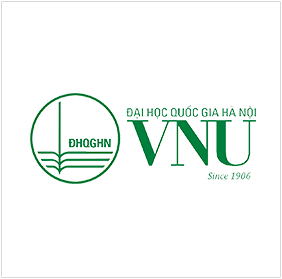|
On November 28, Prime Minister Pham Minh Chinh had a working session with Vietnam National University, Hanoi (VNU). Reporting to the Prime Minister, VNU President Le Quan said that thanks to its drastic innovation, creative pioneering in task organization and implementation, VNU had established its position of a leading center of training, scientific research and knowledge transfer in the country, with regional and international prestige, worthy of the Party and State's trust and expectations.
VNU continuously enhances its position internationally and has consecutively featured in Group 801-1,000 best global universities (from 2019 to 2021). In 2020, VNU featured in Group 101 - 150 under-50-year-old universities by the QS Top 50 Under 50 Rankings. VNU’s international rankings by subject have been improved with a number of subjects in the world’s Top 500. VNU President Le Quan stressed that in the context of limited investment resources, far from meeting the requirements of building a university of regional and international stature, the fact that VNU had been named and continuously promoted in regional and international university rankings was an outstanding effort of VNU’s leaders, lecturers, scientists and students. This is a proof that the establishment of national universities was a strategic and consistent policy of the Party and State, in line with the development trend of the world’s higher education. “The difference and effectiveness of VNU’s organizational model brings outstanding achievements in pioneering innovation, unique training, science and technology products which could possibly be made only by multi-disciplinary universities”, said VNU President Le Quan. VNU President Le Quan affirmed that VNU's organizational model allowed its members and affiliated units to use and share common resources, thereby complementing, unifying, connecting and linking with each other to create synergy for the same goal of creating added values in training and scientific research. In particular, interdisciplinary and inter-unit training programs have contributed to providing thousands of bachelors, masters and doctors with interdisciplinary and wisdom thinking for key economic sectors of the country. On the basis of interdisciplinary intelligence strengths, closely combining the fields of natural sciences, social sciences - humanities, technology and engineering, VNU has successfully implemented a number of key national tasks, solved many big and complex problems of real life, that cannot be solved by non-VNU mono-disciplinary universities. VNU has actively participated in summarizing practices, studying theories, proposing the development of guidelines and decisions of the Party and State; contributed to the development of socio-economic development strategies and is currently participating in the planning of 14 Northwest provinces. In order to quickly transfer the achievements in training and research to meet the needs of society, VNU pays special attention to strengthening cooperation with domestic and foreign enterprises and organizations. Businesses and corporations are both development partners and users of human resources as well as supporting units for VNU to strengthen its development capacity and provide society with high-quality services. Besides, implementing the guidelines and policies of the Party and Government and the call of the Prime Minister for the prevention of the Covid-19 epidemic, VNU staff and students have actively taken specific actions, namely: donating and supporting the “Waves and Computers for Children” Program; providing medical human resources to help the Southern Covid-19 hotspots; conducting advisory research reports to the Government on stabilizing economic and social development in the post-Covid-19 period. VNU has also promoted digital transformation and accelerated the implementation of the Digital University strategy; ensured the progress and quality of teaching and learning. Recently, VNU held the launching ceremony of an online primary education support channel and the Vocational and Higher Education Quality Hub. According to VNU President Le Quan, the core “keyword” in VNU’s future development orientation is “high quality”. Accordingly, VNU will prioritize investment in traditional basic science disciplines to train and develop human resources in science and technology, contributing to strengthening research capacity and talented research staff; pay attention to training lecturers and scientists for universities and colleges throughout the country; and build high-level theoretical research and propaganda staff for the Party. VNU also expands its interdisciplinary and inter-unit training programs to provide human resources with interdisciplinary intelligence for the country’s important sectors; develops and scales up training programs in Engineering – Technology in the context of the Fourth Industrial Resolution. Especially, VNU pilots and extensively introduces the world’s advanced training models into Vietnam. VNU promotes research in social sciences and humanities and educational sciences; participates in practice review, theory research; provides policy consultation for the Party and State. In addition, VNU strengthens its research activities in a number of natural science fields, in which VNU has advantages through basic research programs. VNU focuses on developing a number of interdisciplinary fields between natural sciences, engineering sciences and technology; and social sciences and humanities, for sustainable development. Along with that, VNU promotes the implementation and development of new scientific research directions and technologies with high applicability, in which VNU has advantages; especially, in digital technology, information and biological technologies, artificial intelligence, blockchain, 3D printing, internet of things, cybersecurity, mechatronics, automation, biomedical electronics, energy and environmental technology. VNU actively participates in the global innovation network. VNU strengthens cooperation with partners, especially large domestic and foreign enterprises, to develop key international and transnational research projects; cooperates in research, transfer and commercialization of scientific and technological products. Speaking at the meeting, Deputy Prime Minister Vu Duc Dam emphasized that VNU had always been a pioneer in educational innovation. The Party, State and Government expect the formation of a university city in Hoa Lac. The Deputy Prime Minister also highly appreciated VNU linking its mission with socio-economic development of the country. Particularly, VNU continues to demonstrate its national responsibility in chairing and implementing key research programs of great humanistic values, having scientific and practical significance to the country development, such as Science and Technology for Northwest sustainable development, the Vietnam National Gazetteers Project, Developing the Vietnamese Studies Learning Resource Center Project, the Project on the Translation and Promotion of Quintessence of Oriental Classics, etc.
On behalf of the Government, Prime Minister Pham Minh Chinh praised the results achieved by VNU’s managers, scientists, staff and students. The Prime Minister agreed with the orientations and recommendations proposed by VNU. In order to promote its position in the period of 2021 - 2025, the Prime Minister suggested that VNU focus its resources on implementing the following contents: Firstly, it is necessary for VNU to raise its level in the new period when the whole country is implementing the Resolution of the 13th Party Congress; develop a mechanism to drastically unlock the potential of VNU’s human resources to enable them to further contribute; handle harmoniously, rationally and effectively the relationship between the State, society and the market as well as strengthen public-private cooperation. Secondly, focusing on concretizing and institutionalizing the Resolution of the 13th Party Congress, Resolution 29 of the Central Committee on fundamental and comprehensive reform of education and training, Resolution 20 on scientific and technological development and the Resolution of VNU Party Congress. VNU’s organization, autonomy mechanism, Party and cadres building need to closely follow and concretize the Party's resolutions on these issues and the Law on Higher Education. The Prime Minister requested the development of programs, projects, plans, mechanisms and policies, that focus on leading, directing, allocating resources, with specific goals for each year and the next 5 years to raise the level of VNU. Thirdly, focusing on overcoming inadequacies, limitations, and weaknesses, ensuring smooth and more efficient operation, especially in training, research and mission implementation; restricting scattered investment that lacks focus and deadline while resources are limited. Fourthly, contributing to raising people's intellectual level, training high-quality human resources, fostering talents according to the Party's Resolution and efficiently serving the three strategic breakthroughs. Fifthly, training is a pillar of VNU. The Prime Minister especially noted the need to pay attention to students, lecturers, teachers, and schools, identifying the learner as the center, the school as the foundation, and the teacher as the driving force. VNU should focus on training human resources in basic science subjects –its traditional field; training human resources for VNU itself and for other universities. Strengthening linkage and cooperation with localities, businesses, organizations... to train human resources not only at national but also international level, focusing on foreign languages and informatics training in the context of extensive integration; innovating admissions, focusing on outcome control; and acquiring advanced training technologies. Sixthly, VNU’s research work should focus on summarizing practice, serving major national programs and practical issues posed in the country's socio-economic development process. The Prime Minister suggested a number of research issues, such as national territorial sovereignty; building a socialist democracy; policy advice on innovation and the 4th Industrial Revolution; building an advanced Vietnamese culture deeply imbued with national identity; regional culture characteristics; policies and solutions for epidemic prevention, economic recovery and development; resource depletion, population aging, climate change, circular economy, green economy, renewable energy; digital conversion; post-harvest technology, agricultural products branding, etc. Seventhly, on university autonomy, position and role of VNU, the Prime Minister asked VNU to summarize the practice of implementing its model from 1993 to present, closely following the Party's guidelines and policies, based on the regulations and provisions of the law and the actual situation to make specific proposals to competent authorities. The common spirit is to increase authority, decentralization, autonomy, flexibility; and increase investment to enable the public investment to guide the private one. The important task noted by the Prime Minister was to focus on the completion of the VNU-in-Hoa Lac Construction Investment Project with high determination, great efforts, drastic and effective actions based on creative thinking and ways of doing things. The Prime Minister asked VNU to deploy the project in the direction of the national university city, in which the construction may diverge, but the planning must have a long-term vision. The Prime Minister also suggested a “5-in-1” model for this university city, including talent training center; modern research and technology transfer center; innovation center at national and international level; smart and modern university city; center for public-private partnership testing and research training. |
| VNU Media |




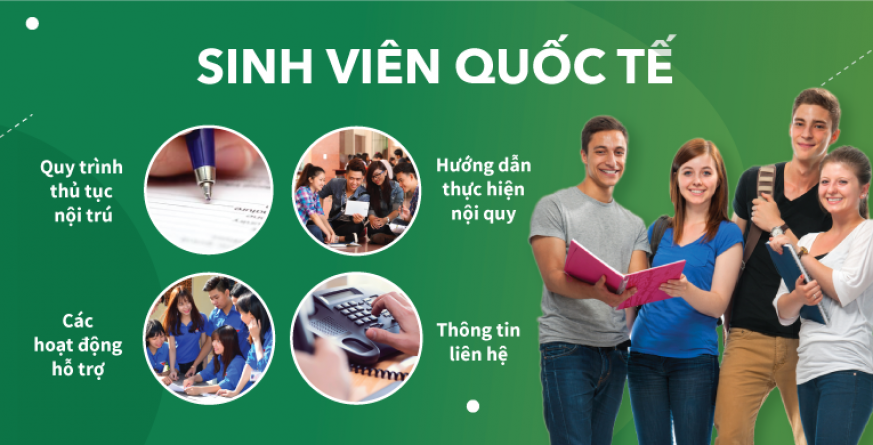
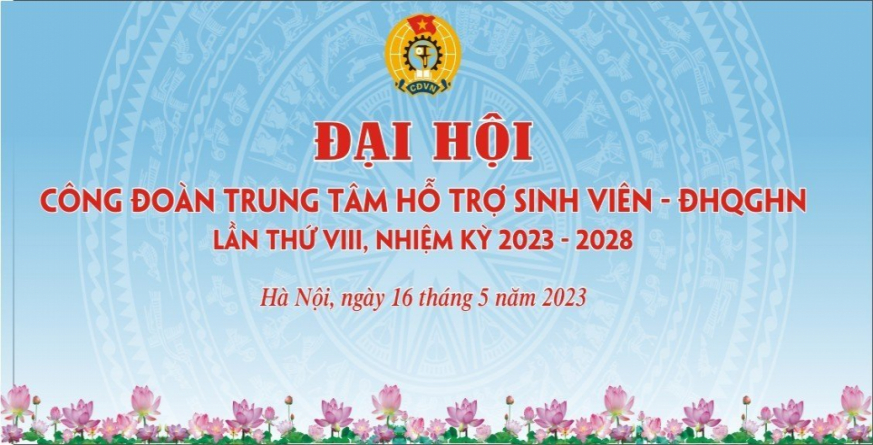

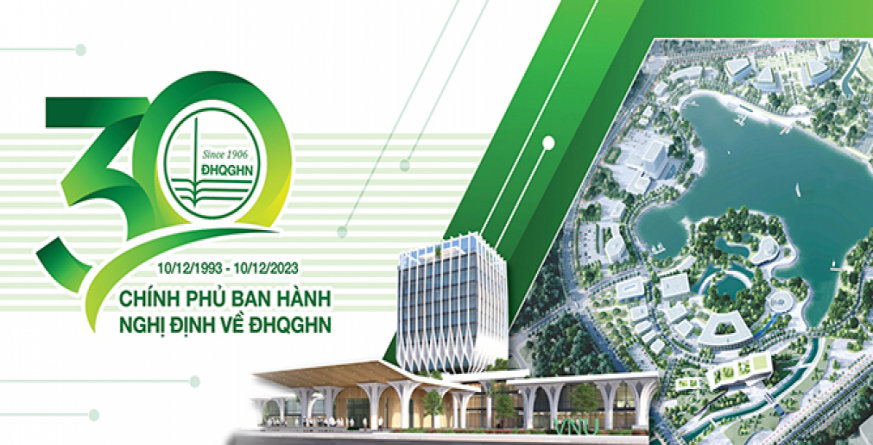

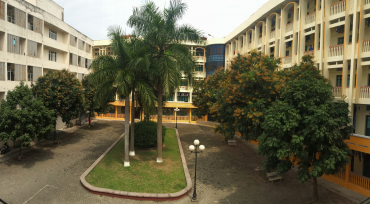
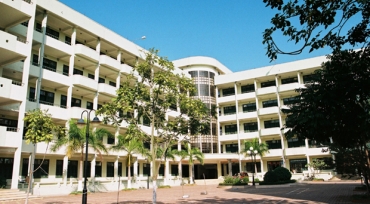
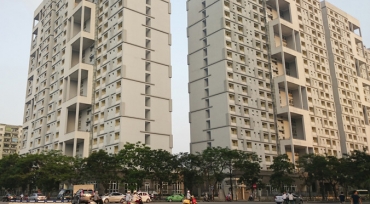

.jpg)
.jpg)
